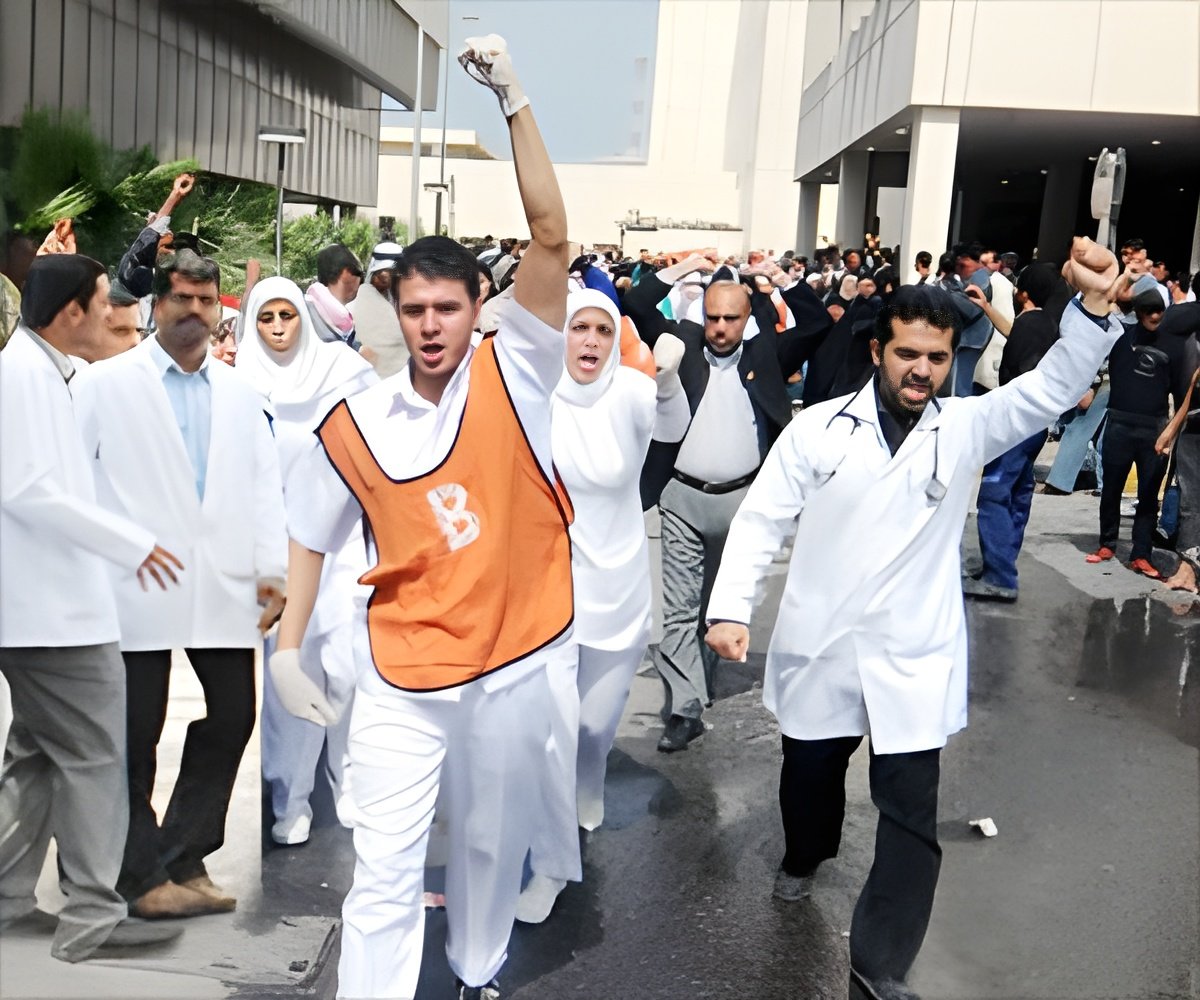Thousands of junior doctors began a second strike at English hospitals on Wednesday against proposed new working conditions and pay rates.

‘Thousands of junior doctors began a second strike at hospitals in Britain on Wednesday, February 10, 2016, against the proposed new working conditions and pay rates.’





Nearly 3,000 operations have been postponed, National Health Service (NHS) England said. The main point of dispute between doctors and the government is over whether Saturday should be classed and paid as a normal working day.
A first 24-hour strike was staged on January 12, 2016. A 48-hour strike planned for January 26, 2016, was called off.
Prime Minister David Cameron's center-right government says the reforms are needed to help create a seven days a week NHS where the quality of care is as high at the weekends as on weekdays.
There are more than 50,000 junior doctors in England, making up a third of the medical workforce. They are qualified medical practitioners who work while studying for qualifications for more senior roles.
Advertisement
Outside Great Ormond Street Hospital in London, Britain's biggest children's hospital, eight medics handed out blue balloons and waved placards reading 'We are one profession, We stand together'.
Advertisement
One medic said that she had seriously considered leaving the profession in recent months.
Source-AFP










